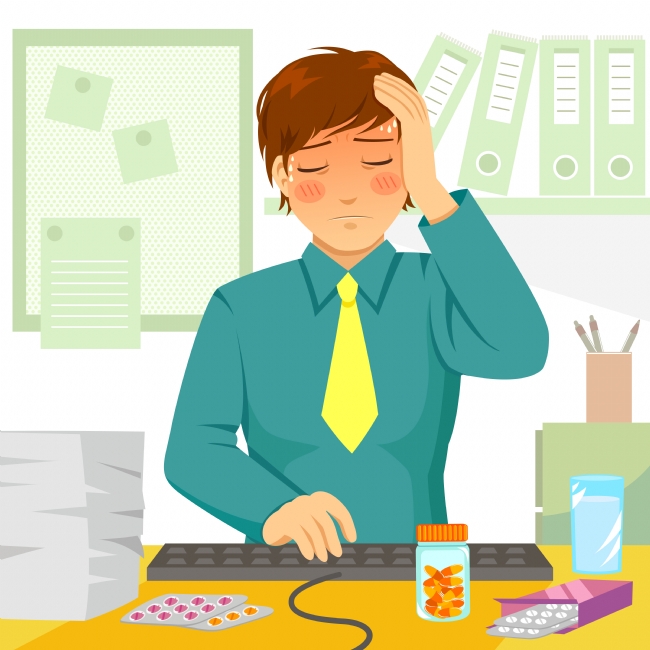Changing Course
Share this blog
Latest Maritime Vacancies
Shipping Paralegal – London
Shipping Manager – Singapore
Office Administrator – London
Technical Superintendent (Owners Rep – Dry Bulk) – London
Office Manager – London
The price of presenteeism

Picture this: you're not sure whether there's a cold going round the office or you've stumbled into a scene from The Walking Dead. People are dragging their feet, moaning, and drinking those awful hot lemon drinks instead of the usual coffee.
We read this month that a third of employers have reported an increase in staff coming in to work when they're ill. It seems surprising in an age where remote working is so easy, and where 'high importance' emails can be dealt with as long as you're in reach of your smartphone.
The official HR term is 'presenteesism', and the CIPD have reported that it's on the rise – and it has been for the last 5 years. So why are people turning up to work sick, when they'd be better off recovering at home, and not spreading it in the office?
"The workplace can be very competitive," says Karen Waltham, MD of our HR Consulting division. "Some employees might worry that if they don't come in to work, it could jeopardise their position." However those companies that noted a rise in presenteeism were more likely to report a reduction in performance levels and increases in mental health issues such as work-related stress or anxiety.
We live in a world now where, in some cases, longer hours are expected, and demands of the job take higher priority than employee wellbeing. Yes, you can knock off at 6pm, but the evening commute may be spent checking emails, with a conference call at home to catch an overseas office on their time. This lifestyle, for some, can only lead to burnout.
Phil Parry, Chairman of Spinnaker Global, says “The message for employers here is that if you want your staff to work to the best of their abilities, you have to ensure you're not working them into the ground and causing unnecessary stress. Here at Spinnaker, we're dedicated to ensuring our staff are well looked after. We have recently introduced a company-wide health assistance programme, where staff can anonymously get help for health worries, mental health matters, and receive support on a wide number of modern-day pressures.
It's a small token from us, as employers. We always want our staff to feel supported. After all, if it wasn't for them, we wouldn't be half the company we have grown to be.”